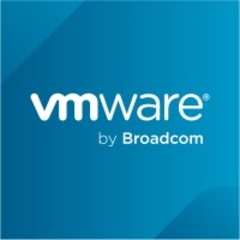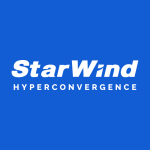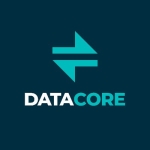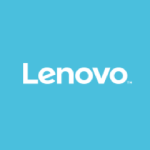What is our primary use case?
I work at a small company, and we have VxRail. Like Rubrik, VxRail can be upgraded brick by brick. Now we are studying considering deploying another traditional setup comprising a host and SAN Storage. VMware vSAN is a virtual SAN Storage.
We are planning to expand the resources of our system, including CPU, RAM, and storage. Currently, we are utilizing the basic VxRail setup, which consists of only three nodes, and we're in the process of acquiring another. I'm upgrading because it's at capacity, so we have no choice but to add another node so we can expand the loads for some new applications that we need to employ under the virtual servers. Our expansion to a new data center will add some more capacity to the current setup.
In the end, we could wind up with around six nodes, SAN storage, or flash array storage. But we don't have a definite plan yet. Everything is being drafted at the moment, and we're researching some details on backup solutions and VR solutions. We also have some cloud-based and server-hosted applications from Azure and AWS. So maybe the on-premises solution could involve some VMs or a hybrid backup solution that goes back and forth between the cloud and on-premises.
What is most valuable?
If we decide to expand, vSAN could offer us some flexibility. We are researching ways to set this up from a new data center, which is located somewhere different from the current location right now.
What needs improvement?
I would like to see better integration between the cloud and our VMware virtual environment. We only have one virtual environment, which is VMware vSAN. Right now, there is little interoperability with the cloud solution at the moment. We are currently researching to figure out if we can achieve that.
It's possible that we'll need to acquire new infrastructure for the new data center. And for that, we need to consult some architects, whether it's a VMware architect or some AWS and Azure architects. And we could come up with a workable blueprint that to use as a guideline so we can manage our infrastructure.
For how long have I used the solution?
I am new to this company, but I worked with different solutions at my previous company, including vSAN and the traditional VMware vSphere setup. So I've been using vSAN for two years or three years.
What do I think about the stability of the solution?
VMware vSAN is stable, although there's is some room for improvement.
How are customer service and support?
I've been working with VMware technical support since I had my own company. It's pretty dependable because I used to work primarily with level three infrastructure support. We are the last escalation. I am one of the contact people between the company and the VMware vendor. The final escalations would be working with the vendor itself or some VMware engineer, whether it's vSAN, vSphere, Center, or anything else within the scope of our license.
In my environment right now, we only handle a limited set of VMware products. These solutions are not perfect because we must apply patches and updates to deal with glitches and minor bugs. Byt I think vSAN will be reliable, especially if the after-sales support and engineers are excellent and could help us work seamlessly and comfortably.
How was the initial setup?
Our initial vSAN setup is a backup from Rubrik being thrown up to AWS for Glacier. But in the near term, maybe we could migrate that kind of solution in a more seamless and resilient way. That's what we're considering right now.
What's my experience with pricing, setup cost, and licensing?
VMware is quite expensive compared to Microsoft's Hyper-V. However, when you factor in flexibility and comparability of use, it's reasonable enough. For the high price of VMware, you get seamless operation and manageability. At the same time, I think VMware is lowering the price for its cloud-based solutions. And it's stable enough that some organizations might want to put part of their setup on the cloud and the other part on-premises. VMware's advantage is that they were already preparing for cloud solutions many years ago.
Which other solutions did I evaluate?
There are several virtual solutions that I have hands-on experience with, including VMware, Hyper-V, and some open source software. I could only compare Microsoft and VMware. VMware is significantly more expensive than Microsoft, but I still prefer VMware because it's manageable and easy to set up.
As a VMware customer, it's hard to judge the value I'm getting for the price in terms of operability and manageability. Then there are other factors, such as the amount of resources used. So when we're evaluating, we're not just looking at the price. We don't want to settle for something cheaper that might cost us some headaches.
What other advice do I have?
I rate VMware vSAN seven out of 10. I prefer a traditional SAN storage solution. Right now, we're only using vSAN for small solutions. At the basic level, it's good enough because it operates the same way as the traditional setup. It's suitable for companies that are starting and might expand in the near future. For those use cases, vSAN is a great choice compared to Hyper-V. It's much easier to maintain. However, I haven't deployed vSAN for a larger configuration.
Which deployment model are you using for this solution?
On-premises
Disclosure: My company does not have a business relationship with this vendor other than being a customer.















